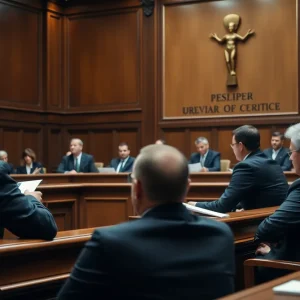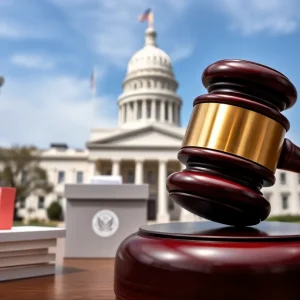Newly Implemented Legislation Facilitates Removal of Racial Covenants from Property Deeds
Kansas City Takes a Progressive Step Forward
In an effort to redress historical injustices, new legislation is facilitating the removal of racial covenants from property deeds in Kansas City, including neighborhoods like Roeland Park and Prairie Village, and nationwide.
Historical Context of Racial Covenants
Property deeds detail the ownership rights; however, they also unknowingly unveil a sinister part of history for many residents. Racial covenants, prior to their obsolescence after a 1948 U.S. Supreme Court ruling and the introduction of the Fair Housing Act, disallowed ownership, occupation, or rental of certain properties by people of “Negro blood” and other races and religions. Traces of these covenants remain in property records until today.
The Impact on Local Residents
Roeland Park resident, Haile Sims conveyed the emotional impact, illustrating the shocking experience of discovering racially restrictive language in historical documents related to home purchases. “The feeling of moving into a new home, signing all kinds of paperwork to move into a new home, and way back in the back the papers you didn’t pay attention to, you see the language that says you can’t live here,” he said.
While Mr. Sims’ property deed lacks such language, he lives closely knit with communities where property deeds still bear racial covenants. Engaged in the Roeland Park Diversity, Equity and Inclusion Committee, Sims has been part of the city’s ongoing discussion on the eradication of these covenants from official documents.
The Significance of the New Legislation
Historically, rectifying the impacted records on their own would have landed the city with a hefty bill, potentially escalating to six figures, due to legal fees. However, the newly passed Kansas HB 2562 law, signed by Kansas Governor Laura Kelly in April, streamlines that process. The law authorizes the redaction of discriminatory language from recorded documents, creating a precedent for the redacted documents to become the documents of record.
Community Perspectives
Despite no discriminatory language present in his deed, Morgan Greer, a Prairie Village resident, has expressed his support for the new law, considering it a long-overdue rectification. “To think striking racial covenants is the end of the conversation would be crazy,” he commented. He believes this step is merely the beginning of an arduous journey towards structural solutions, encompassing affordable housing and recognition of past racial issues.
“Our country wasn’t where it was in 1865 or 1965,” Greer said. “There are walls that have been broken through, but to think we’re finished with that is untrue.”
City’s Next Steps
As part of its commitment to progress and equity, the City of Roeland Park has commenced identification of instances where discriminatory language still exists in official documents. The next step involves redaction of discriminatory language and the recording of new plat and covenant documents.







